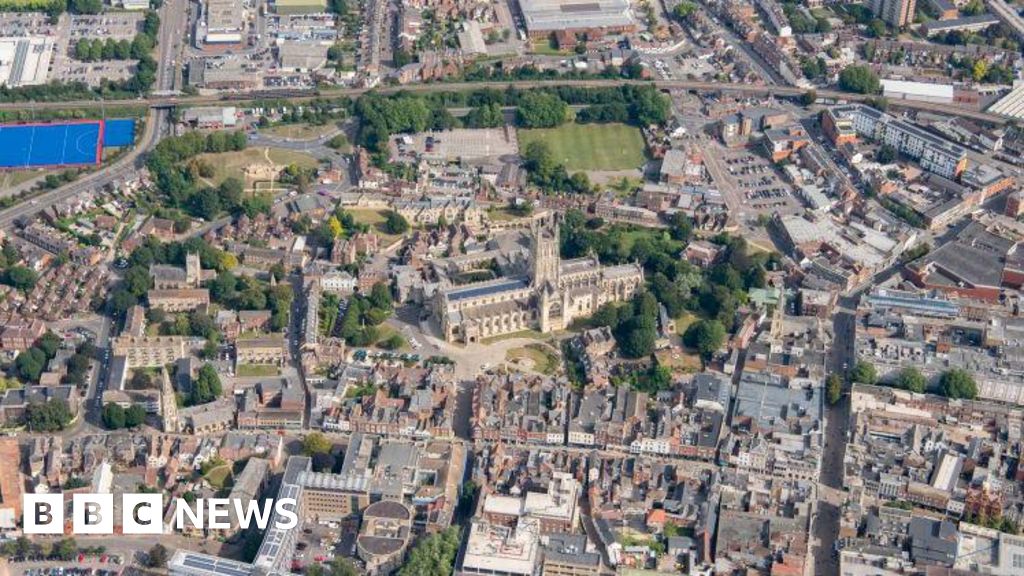- Africa
Occer 12x25 Compact Binoculars
时间:2010-12-5 17:23:32 作者:Audio 来源:Innovation 查看: 评论:0内容摘要:Health experts say there are legitimate questions about how much everyone still benefits from yearly COVID vaccination or whether they should be recommended only for people at increased risk.Health experts say there are legitimate questions about how much everyone still benefits from yearly COVID vaccination or whether they should be recommended only for people at increased risk.
As the FDA’s top official overseeing vaccines, Prasad is now in position to reverse what he recently called “a number of missteps” in how the FDA assessed the benefits and risks of COVID-19 boosters.He questioned how much benefit yearly vaccinations continue to offer. In a podcast shortly before assuming his FDA job, Prasad suggested companies could study about 20,000 older adults in August or September to show if an updated vaccine prevented COVID-related hospitalizations.

There is “legitimate debate about who should be boosted, how frequently they should be boosted and the value of boosting low-risk individuals,” said Hopkins’ Adalja. But he stressed that CDC’s Advisory Committee on Immunization Practices has the proper expertise to be making those decisions.And other experts say simply updating the strain that a COVID-19 vaccine targets doesn’t make it a new product — and real-world data shows each fall’s update has offered benefit.“The data are clear and compelling” that vaccination reduces seniors’ risk of hospitalization and serious illness for four to six months, said Michael Osterholm, a University of Minnesota infectious disease researcher.

Nor could that kind of study be accomplished quickly enough to get millions of people vaccinated before the yearly winter surge, said Dr. Jesse Goodman of Georgetown University, a former FDA vaccine chief.“You’d always be doing clinical trials and you’d never have a vaccine that was up to date,” he said.

The Associated Press Health and Science Department receives support from the Howard Hughes Medical Institute’s Science and Educational Media Group and the Robert Wood Johnson Foundation. The AP is solely responsible for all content.
WASHINGTON (AP) — In just two months as the federal health secretary,More than 200 cities and counties declared
in the past few years, mostly afterwas murdered by police in Minneapolis in May 2020.
said they finally felt heard by theto address disparities like disproportionate
- 最近更新
- 2025-07-07 03:01:34Trump administration pushback hits US gender diversity efforts
- 2025-07-07 03:01:34Saudi Arabia sticks with Iran after Israel war
- 2025-07-07 03:01:34Edinburgh festivals struggle to lure corporate sponsors after boycott
- 2025-07-07 03:01:34The business of Black hair: inside a $10bn global industry
- 2025-07-07 03:01:34Israel and Iran targeted each other
- 2025-07-07 03:01:34Best Beach Instagram Captions to Shell-abrate Your Vacation
- 2025-07-07 03:01:34Hamas says ready for ceasefire talks as Israeli forces kill 19 in Gaza
- 2025-07-07 03:01:34When to See Georgia’s Gorgeous Monarch Migration
- 热门排行
- 2025-07-07 03:01:34Producer Price Index News Release summary
- 2025-07-07 03:01:34Rachel Reeves hires Alex Depledge as UK entrepreneurship adviser
- 2025-07-07 03:01:34our guide to guest drivers and car insurance
- 2025-07-07 03:01:34Tariffs are the biggest macroeconomic concern for two in three investors, poll finds
- 2025-07-07 03:01:34Tariffs on Canada and Mexico Could Raise Car Insurance
- 2025-07-07 03:01:34veterinarian Dr. Rhiannon Koehler
- 2025-07-07 03:01:34liability, comprehensive and collision coverage
- 2025-07-07 03:01:3445 Father's Day Poems for Dad to Make His Day
- 友情链接
- Qatar PM: Iran strike inflicted ‘scar’ on relations The poppiest pop-ups of summer 2025 Russia-Ukraine war: List of key events, day 1,216 Trump shares texts from NATO chief praising ‘decisive action’ on Iran England beat India in thrilling first Test finale Freed Belarus opposition candidate says he will keep fighting Fragile Iran-Israel ceasefire calms oil markets London’s independent ad agencies will survive the AI apocalypse The joy of the office packed lunch Stablecoins ‘perform poorly’ as money, central banks warn US sanctions alleged leader of Venezuelan gang Tren de Aragua Freed Belarus opposition candidate says he will keep fighting Trump signals sanctions relief for China to buy Iran’s oil Stablecoins ‘perform poorly’ as money, central banks warn Russia-Ukraine war: List of key events, day 1,216 Gulf expat bubble punctured by missiles Russia-Ukraine war: List of key events, day 1,216 Fragile Iran-Israel ceasefire calms oil markets Lessons from my 30-year war on acne Oil prices pare losses as ceasefire threatened Trump: no ‘regime change’ in Iran, urges calm after strikes Stablecoins ‘perform poorly’ as money, central banks warn Trump: no ‘regime change’ in Iran, urges calm after strikes ‘It’s not peace – it’s a pause’: Iranians sceptical ceasefire will hold Jeff Bezos’s wedding draws storm of protest in Venice ‘It’s not peace – it’s a pause’: Iranians sceptical ceasefire will hold US Congress plots big tax cut for private credit investors As Israel-Iran war escalates, Ukraine fears ‘more losses’ to Russia Palestine Action supporters protest against UK ban US whistleblower accuses Trump officials of willfully ignoring court orders
